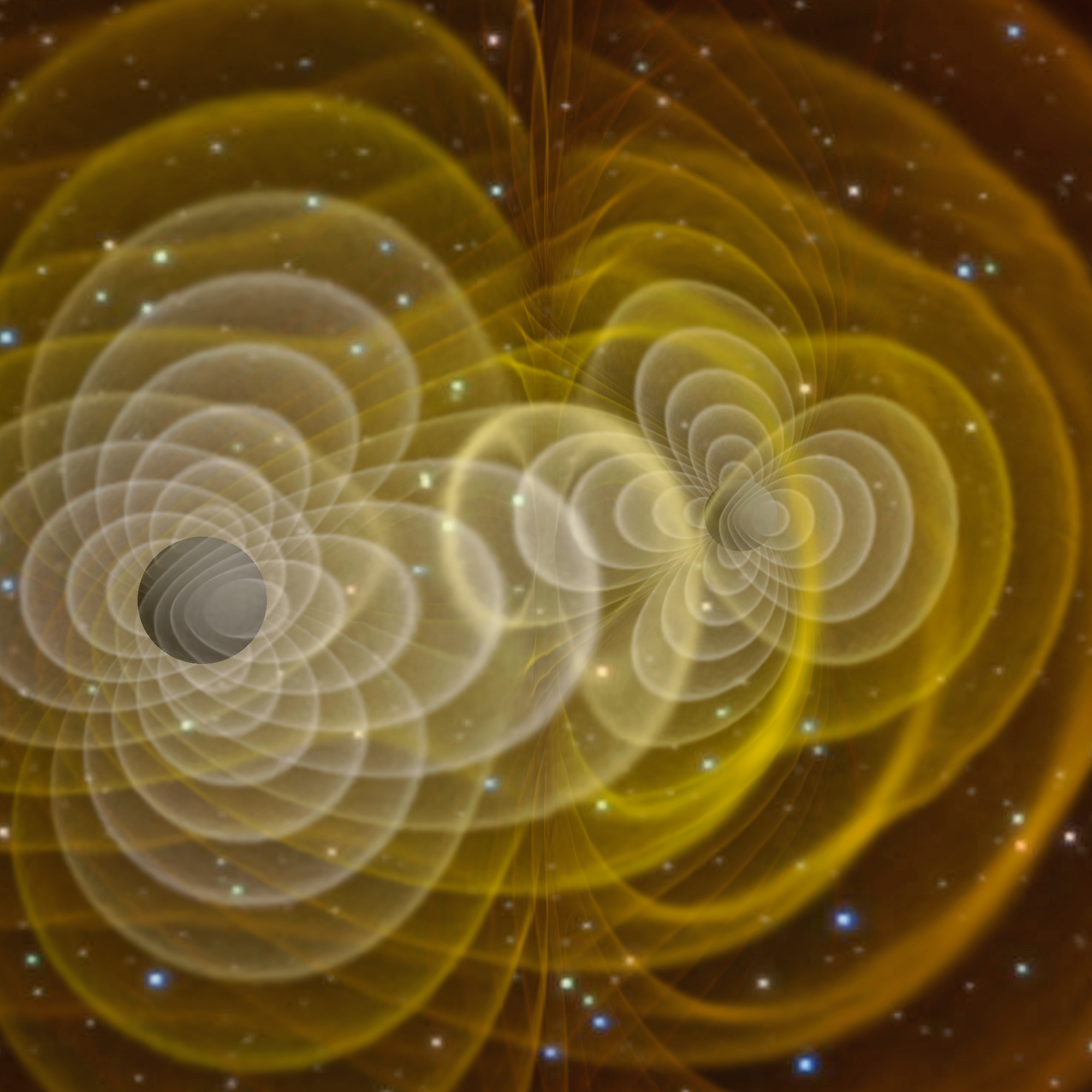Dates: Monday-Wednesday September 19 - 21, 2016
Observing Einstein's Outrageous Universe: Gravitational Waves, Black Holes, Neutron Stars, Gravitational Lenses and the Big Bang
Who Should Attend: Museum & Planetarium Staff
What to Expect:
Observing Einstein's Outrageous Universe: Gravitational Waves, Black Holes, Neutron Stars, Gravitational Lenses and the Big Bang
Who Should Attend: Museum & Planetarium Staff
What to Expect:
- A better understanding of the BIG Picture of cosmology
- Conversations with leading edge researchers
- A day at the Adler Planetarium & Astronomy Museum to see innovative ways to bring current research into a museum
- Practicum sessions that will allow you test drive programming ideas developed during the course
- Tools and resources to bring the frontiers of physics to your home institution
Lecture Topics and Lecturers
- Breakfast / Social & Welcome, Randall H. Landsberg
- Lecture: 1 - Overview, Michael S. Turner
- Lecture: 2 - Einstein the Person, Dennis Overbye
- Lecture: 3 - Black Hole Zoo, Andrea Ghez
- Lecture: 4 - Gravitational Waves, Daniel Holz
- Lecture: 5 - Death of Stars, Daniel Scolnic
- Lecture: 6 - Lensing, Michael Gladders
- Lecture: 7 - Big Bang, Rocky Kolb
- Lecture: 8 - General Relativity & Beyond, Joseph Lykken
- Lecture: 9 - Wrap Up, Daniel Holz
Instructors
| Andrea Ghez University of California, Los Angeles | Michael Gladders Kavli Institute for Cosmological Physics | Daniel Holz Kavli Institute for Cosmological Physics |
| Rocky Kolb University of Chicago | Randall Landsberg Kavli Institute for Cosmological Physics | Joseph Lykken Fermi National Accelerator Laboratory |
| Dennis Overbye New York Times | Daniel Scolnic Kavli Institute for Cosmological Physics | Mark SubbaRao Adler Planetarium and Astronomy Museum |
| Michael Turner Kavli Institute for Cosmological Physics |
Course Description
A century ago Einstein put forth his theory of gravity. For the first 50 years it was an exotic theory with many untestable predictions thought to be irrelevant to our Universe. Beginning 50 years ago with the discovery of quasars and the cosmic microwave background (CMB), it has become clear that we live in Einstein’s Universe where the extraordinary is now the ordinary and his theory is in full bloom. To study the Universe today you have to understand the cosmic implications of Einstein's theory. We will focus on observable aspects of some of the most outrageous and compelling predictions of general relativity. These predictions include black holes, gravitational waves, gravitational lensing, and the Big Bang. We will explore the recent detection of gravitational waves from the merger of black holes 30 times the mass of our Sun, the spectacular fireworks associated with the death of stars and the formation of neutron stars and black holes, precise measurements of properties of the supermassive black hole at the center of our galaxy, the bending of light due to the gravity of clusters of galaxies, and how we learn about the origin of space, time, and the earliest moments of the Universe.






